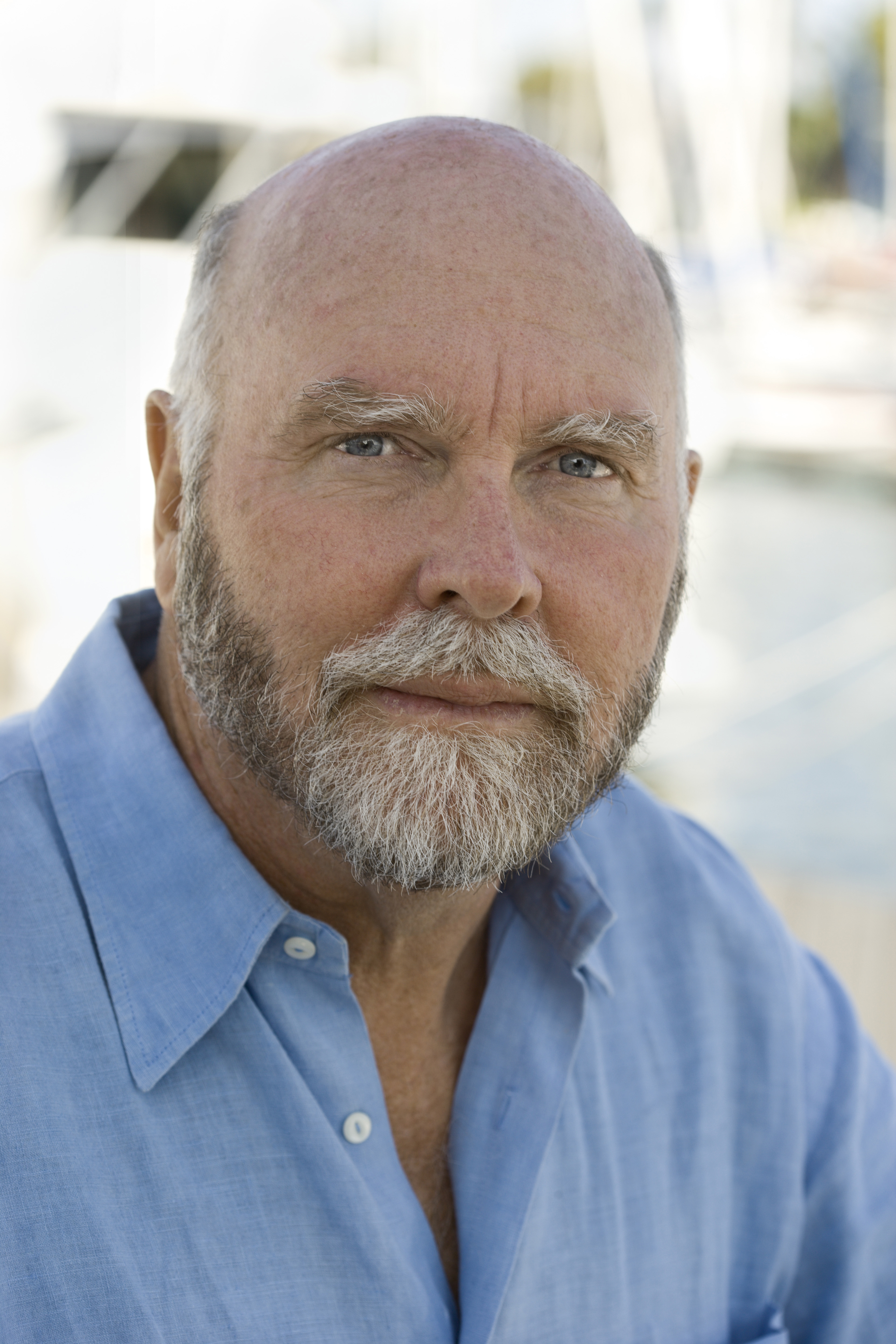 This is an excerpt from an interview with J. Craig Venter from the January/February issue of Discover magazine. Venter first decoded the genome of a bacterium in 1992. Then when the government announced its plan to map the human genome, he claimed he would do it first, and did, years ahead of schedule. He is currently working on building custom-designed organisms that could produce clean energy, help feed the planet, and treat cancer. Venter has already transferred the genome of one species into the cell body of another.
This is an excerpt from an interview with J. Craig Venter from the January/February issue of Discover magazine. Venter first decoded the genome of a bacterium in 1992. Then when the government announced its plan to map the human genome, he claimed he would do it first, and did, years ahead of schedule. He is currently working on building custom-designed organisms that could produce clean energy, help feed the planet, and treat cancer. Venter has already transferred the genome of one species into the cell body of another.
Question: In your latest work you are trying to create “synthetic life.” What is that? Venter: It’s a catchy phrase that people have begun using to replace “molecular biology.” The term has been overused, so we have defined a separate field that we call synthetic genomics – the digitization of biology using only DNA and RNA. You start by sequencing genomes and putting their digital code into a computer. Then you use the compter to take that information and design new life-forms. Question: How do you build a life-form? Throw in some mitochondria here and some ribsomos there, surround it all with a membrane – and voilà? Venter: We started down that road, but now we are coming from the other end. We’re starting with the accomplishments of the three and a half billion years of evolution by using what we call the software of life: DNA. Our software builds its own hardware. By writing new software, we can come up with totally new species. It would be as if once you put new software in your computer, somehow a whole new machine would materialize. We’re software engineers rather than construction workers. Question: Once we have the power to create new life-forms, how will we benefit? Venter: We could synthesize cells that use carbon dioxide and make others from it. If this desk and that plastic chair protector were made from CO2, it would solve the problem of how to sequester CO2 from the atmosphere and would totally solve the question of paper versus plastic. You’d absolutely want plastic bags if they could be made from carbon dioxide and not from oil. Question: What else could we do? Venter: We could solve the problem of fuel production. In theory, we could replace fuel that comes out of the ground with things made from carbon dioxide on a new scale. We could make a small-scale microbial fuel cells that use human waste to make drinking water, electricity, or both. Could algae be used for food? Imagine using algae to make artificial steaks. Look at all the bacteria in the oceans; they have far more sophisticated chemicals than our chemistry industry can produce. A lot of these are antibacterial or antiviral compounds, because that’s how bacteria protect themselves in the environment. If we’re ever going to have a chance of using these compounds, we’re going to have to make them synthetically. Question: What about safeguards and risks? As with computer hacking, some people are itching to do these “biological hacking” experiments with synthetic life in their basements and backyards. Venter: You can buy a DNA synthesizer off eBay, and an enterprising person could build a DNA synthesizer from plans they can get off the Internet. We don’t try to downplay the risk. Because these tools are so powerful, somebody could, just by ordering a handful of chemicals, pretty cheaply makes viruses that oculd cause a lot of damage or death to a large number of people. We don’t want kids trying to be the first one on their block to build a virus, so I think there should be laws for simple screening. The synthetic DNA companies that make these products should be required to screen them against a list of infectious agents. It would be easy to screen someone trying to copy Ebola, for example. A lot of the companies do it voluntarily now, but they don’t all do i, and on a global basis they definitely don’t all do it. Maybe we can’t prevent somebody really dedicated to doing harm, but we can prevent the frivolous uses of this technology. In my opinion, as great as synthetic life-forms sound, they are far too risky. Maybe I have a lack of belief in humanity, but throughout history, we have seen that humans have done terrible things to one another. Additionally, it fails to solve our fundamental problem of adopting a lifestyle that supports the environment. Rather than fixing this, synthetic life-forms gives humans an easy way out. We shouldn’t have to rely on algae for food production. The world produces enough food already, it is the way in which it is distributed that creates the hunger issue. If we remove the toxins and capitalist mentality from the production of food, appliances, etc., we will likely see a reduction in cancer rates (this is just a belief, not a fact). Again, it is our lifestyle and the way we accept our role within the environment that needs changing. Mother Nature will take care of us all if we let her.
